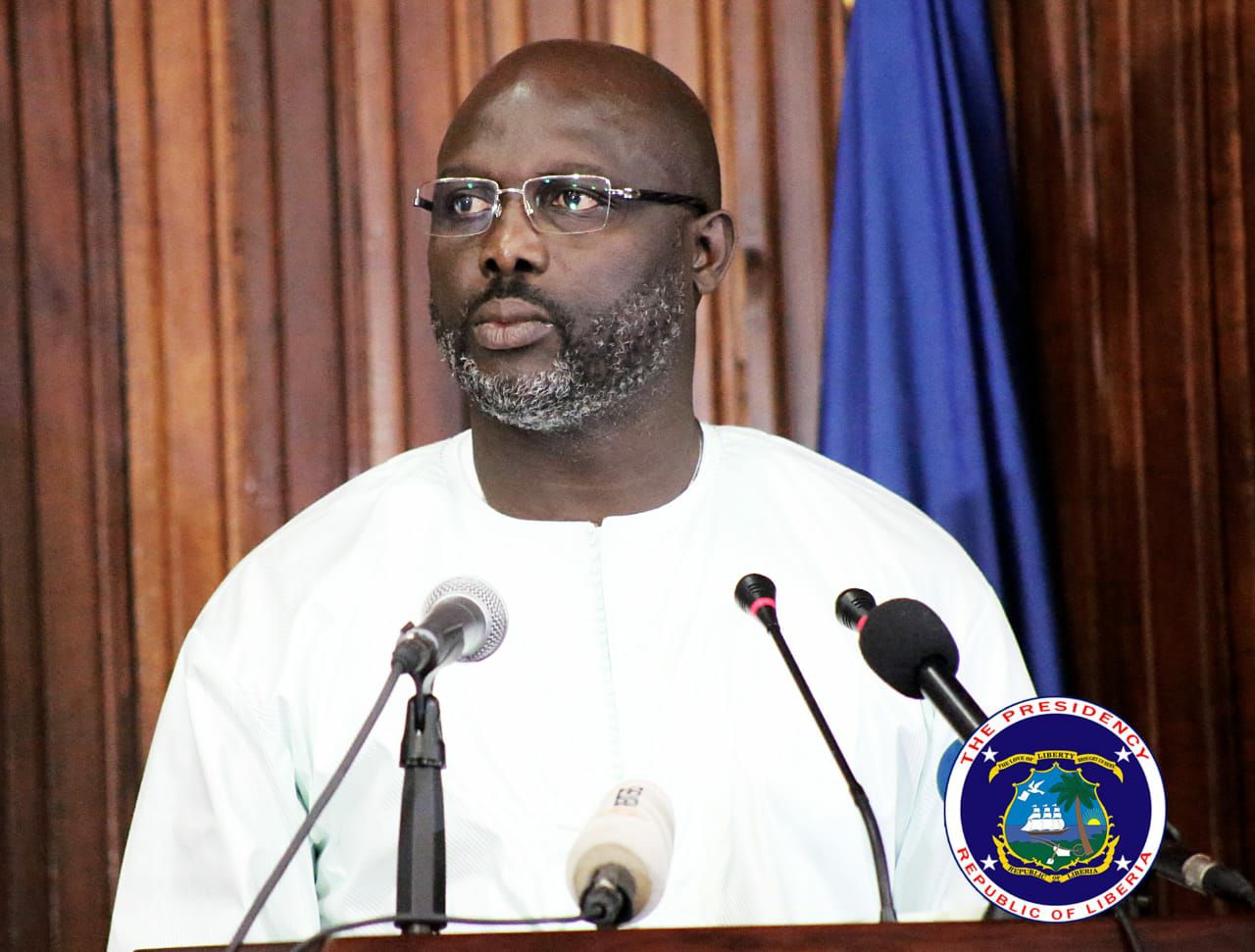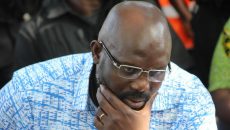On Thursday, July 26, Liberians the world over will be celebrating 171 years as an independent country. At this time, it is worth taking a step back to reflect on how independent is independence in Liberia.
Being a person who is sympathetic to the schools of thoughts of neo-colonialism (Kwame Nkrumah) and dependency theory (Andre Franks) and, looking at Liberia since January 22 through those lenses, I cannot help but question if we are truly an independent country.
This is not to say that I am not aware of scholarly contributions on the interconnectedness and interdependency of localities across the world within the globalization framework. However, when I put President George Weah’s speech of July 16, 2018 under these lenses, it is clear that even when presented with an opportunity to change the narrative in terms of our dependency on others, he chooses to – either because of ill advice or complacency – blame everyone else for the current state of affairs in Liberia but themselves.
What do I mean? Let me explain.
If we accept independence as being free from outside authority and not dependent on another for livelihood or subsistence, then the current state of affairs in Liberia, coupled with the veiled attempt by the leadership through President Weah to try and reassure the Liberian people that change was at hand, then Liberia might not be so independent.
It is worth looking at the current state of affairs in Liberia to get a picture of where we are. Currently, Liberia is heavily dependent on imports for most of our basic needs. We have a leadership team that seems to lack the desire to be transparent and accountable to the Liberian people, which is creating as much confusion as the president’s speech did last week. The prices of our exports are at their lowest in decades. There has been a significant drop in donor funding both in terms of direct budgetary support and funding for other activities in Liberia.
Our currency is in freefall, which is contributing to the high costs of basic commodities. There is also the situation of the ever-growing ‘recurrent expenditure,’ which the president’s speech did not touch on.
In a paper that I wrote in the Nordic News on 20 January 2018, I warned the leadership in Liberia of three reasons why it would face hurdles in achieving its pro-poor agenda. The president did acknowledge two of those three reasons: low prices of our exports and the drop in donor funding. But, he missed the big boat called independence.
The president’s speech, in my analysis, blamed everyone else for our problems but did not do anything to blame his team of leaders. The low prices of Liberian export commodities are not responsible for the ill-preparedness of the leaders at the Freeport of Monrovia that seems to cause unnecessary delays and extra costs for businesses, who, in turn, pass on the extra costs to consumers.
The drawdown of UNMIL might be partly responsible for the increase in the exchange rates against the U.S. dollar, but it had nothing to do with the US$5.48 million increase in compensation for government employees in the 2018/19 budget when compared with the previous year. A huge part of being independent is taking responsibility for your destiny, something the president failed to adequately do in his speech.
The president was right in saying that the prices of rubber and iron ore and the drawdown of UNMIL were factors beyond our control. However, the money we have and how we spend it is within our control and therefore linked to our independence.
He suggested that we need to produce more food locally to help mitigate some of the challenges of the high prices of food globally. He is right again, but the president was presented with a chance to say where the money to grow more food would come from and what policy options would be adopted to ensure results, which he failed to do. By not mentioning the one thing that we do control while emphasizing all that we do not control, the president presented our case as a country not independent but fully dependent on others for our needs.
I suggest that the president considers adopting austerity measures in the immediate short term until we begin to see a fall in our dependency on imported commodities and the hardship relieved from the necks of our people. By austerity, I mean a drastic reduction in the financial packages of those at the top echelons of leadership in the executive while shaming the legislature to follow suit.
The proceeds raised must not be used to reward officials of government in other ways or to incorporate more party loyalists into government jobs. Rather, the money must be used to incentivize the local production of commodities to help reduce our reliance on imports and also reduce the costs of living for the poor.
Let me give a real-world example to illustrate my suggestion. Majority of farmers in rural Wales, where I currently live, survive purely because of the subsidies that they receive from the European Union agriculture budget. That subsidy supports the affordable prices on the supermarket shelves, as well.
Let us say that the government of Liberia has 100 employees earning the maximum of US$7,800 monthly. If we reduced their compensations to US$5,000 monthly, the government would make a saving of US$280,000 monthly. That and other savings from across the government could be used to give farmers direct incentives to grow more food. One incentive could be government buying schemes, where the government supports the farmers with funding, equipment, and knowledge and then, as a result, buy their produce at a reduced cost and sell it to the public at affordable rates. This is not a Hail Mary; the United Kingdom implemented austerity in 2010 to reduce the national deficit after the financial crash of 2008.
As we celebrate our independence, we, led by our leaders, must reflect on what independence truly means to Liberia.
We cannot be an independent country and refuse to take responsibility for our failings. We cannot be an independent country and refuse to control our food security and sovereignty. We cannot be an independent country when the people we elect to lead us pass the buck to everyone else but themselves.
Independence does not mean isolation; it does mean taking control of the things you can do while asking for support in areas that are beyond our control.



